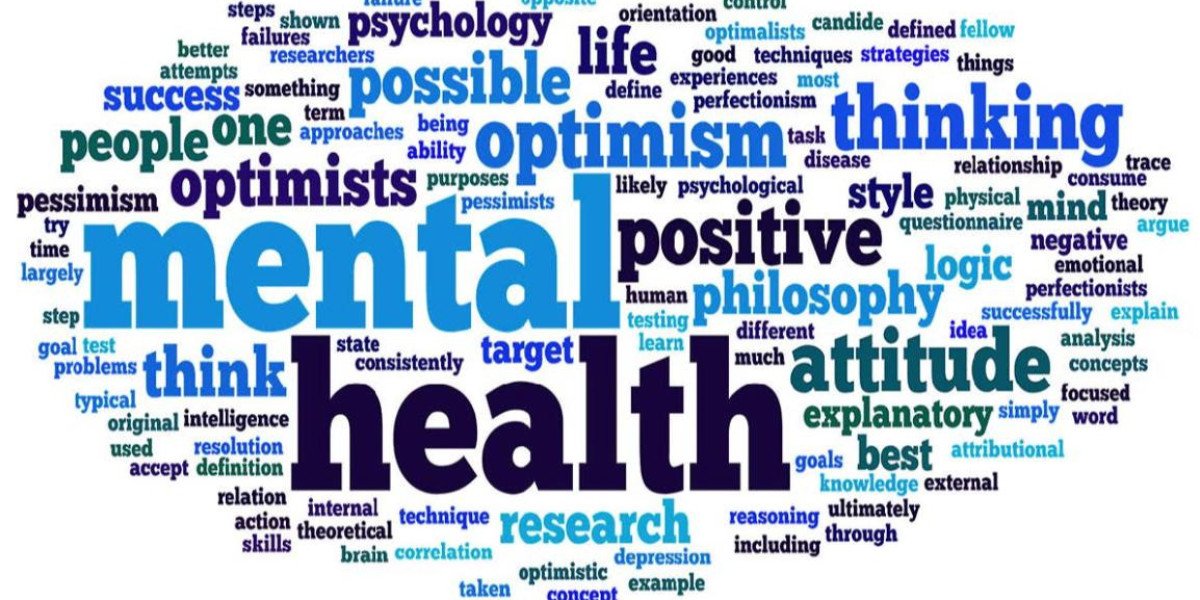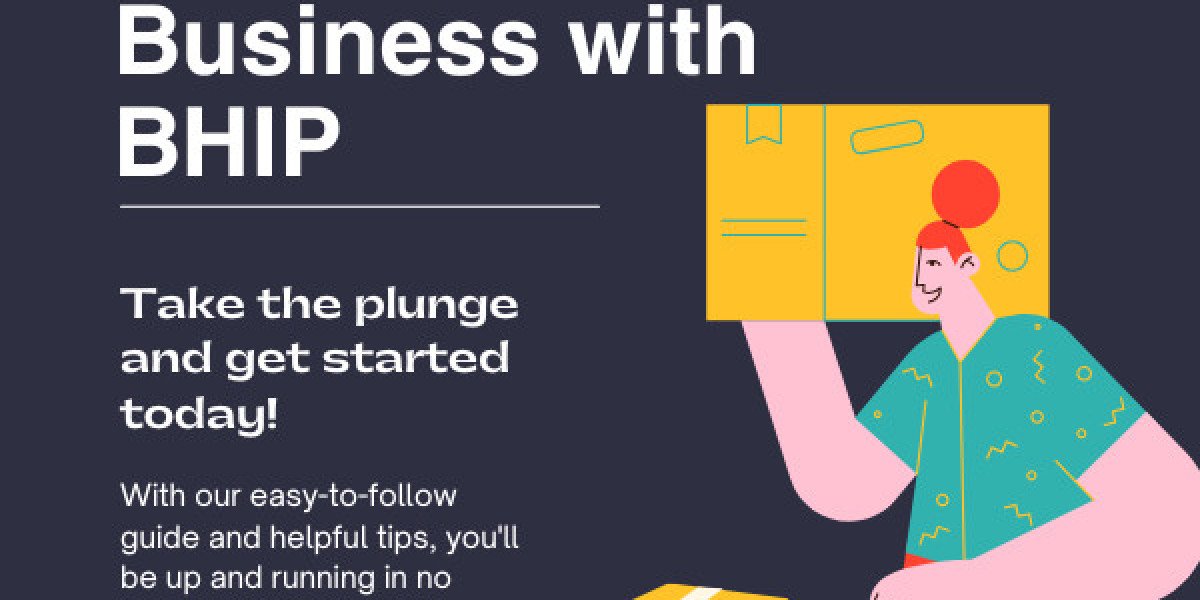Workplace stress has become one of the biggest challenges in the UK today. Whether it’s the pressure of meeting deadlines, handling demanding clients, or maintaining a work-life balance, employees often experience emotional exhaustion that affects both their health and productivity. Taking time off for stress is not a sign of weakness—it’s a step toward healing and sustainable mental wellbeing. Understanding your rights and how to use this time effectively is essential for recovery and long-term balance.
In this blog, we’ll explore the concept of maximum time off for stress UK, discuss your legal rights, and show how digital solutions like Spark Your Health and other mental health apps UK can support recovery. You’ll also learn how corporate wellness initiatives and wellbeing coordinators are transforming workplace mental health across the country.
Understanding Stress and Its Impact on Mental Health
Stress is a natural reaction to challenges or pressure, but when it becomes chronic, it can harm your physical and mental health. Prolonged stress leads to fatigue, irritability, insomnia, and in severe cases, anxiety or depression. In the UK, thousands of employees take time off work every year due to stress-related conditions. The Health and Safety Executive (HSE) reports that work-related stress accounts for a significant portion of sick leave days annually.
Recognising the symptoms early—such as loss of focus, reduced energy, or emotional imbalance—can help prevent more serious health issues. Taking time off is often recommended by healthcare professionals as part of a recovery plan.
What Does “Maximum Time Off for Stress UK” Mean?
There is no fixed limit set by UK employment law for how long an employee can take off due to stress. The maximum time off for stress UK depends on several factors, including:
The severity of the condition
Medical advice and fit notes from your GP
Your employer’s policy and support system
If a doctor issues a fit note confirming stress-related illness, your employer is legally obliged to allow you the necessary recovery time. In many cases, employees initially take two to four weeks off, but this can extend to several months if the stress is severe.
During this period, communication with your employer and HR department is key. Many organisations have begun integrating mental health awareness into their HR policies, ensuring that staff taking stress leave are supported and respected.
Your Legal Rights and Employer Responsibilities
In the UK, stress can be recognised as a valid health condition under employment law. If your doctor certifies your illness, you are entitled to Statutory Sick Pay (SSP) or company sick pay, depending on your contract. Employers are also required to make reasonable adjustments when you return to work, such as reducing your workload or offering flexible hours.
Employers have a duty of care under the Health and Safety at Work Act 1974. This means they must take all possible steps to protect employees from unnecessary stress and provide a safe working environment. This can include risk assessments, wellbeing programs, and access to professional counselling.
How Long Should You Take Off for Stress?
Everyone recovers differently. Some people may only need a few days to reset, while others might require several weeks or even months to feel stable again. The important thing is to focus on healing instead of rushing back to work too soon.
Doctors often recommend using your recovery time for therapy, self-care, mindfulness, and gradual reintroduction to normal routines. Apps like Spark Your Health can be incredibly helpful during this phase, offering guided exercises and daily wellness reminders to keep your mental health on track.
Using Mental Health Apps UK for Stress Recovery
Digital wellness tools have changed the way people care for their minds. The rise of mental health apps UK shows that more individuals are seeking accessible, private, and affordable support options.
Spark Your Health is one such app that provides a complete mental wellness experience. It includes features like mood tracking, guided meditation, sleep support, stress-relief exercises, and personalised plans designed by experts. Unlike traditional therapy, Spark Your Health offers 24/7 access to emotional support right from your phone.
Using apps like these during stress leave helps users stay engaged in their recovery process, practice mindfulness, and gradually rebuild emotional strength. They can also complement professional therapy sessions by reinforcing positive daily habits.
The Role of Corporate Wellness Program UK
More UK companies are investing in corporate wellness programs to promote mental health and reduce workplace burnout. These programs typically include fitness initiatives, stress management workshops, counselling sessions, and team-building activities designed to enhance both physical and mental wellbeing.
A strong corporate wellness program UK can significantly reduce absenteeism, improve job satisfaction, and boost overall company performance. It sends a clear message that mental health matters and that employees are valued beyond their productivity.
For example, a company that integrates Spark Your Health into its employee wellness plan offers staff continuous digital support, empowering them to manage stress in real time. This proactive approach helps prevent long-term absenteeism and creates a positive, supportive workplace culture.
The Importance of an Employee Wellbeing App
An employee wellbeing app is an essential digital solution that helps organisations monitor and improve staff mental health. These apps track engagement, measure stress levels, and provide resources such as breathing exercises, mindfulness content, and motivational sessions.
When combined with HR data, they allow companies to understand the overall wellbeing of their teams and take preventive action before stress becomes a major issue. Spark Your Health, for instance, can be integrated as a wellbeing app within an organisation, ensuring every employee has access to personal mental health support.
The Role of a Mental Health Coordinator UK
In modern workplaces, the mental health coordinator UK plays a vital role in promoting wellbeing culture. This person is responsible for developing mental health policies, organising awareness sessions, and ensuring employees know where to seek help.
They also liaise between management and staff, helping to reduce stigma and encourage open conversations about mental health. With support from coordinators and digital platforms like Spark Your Health, workplaces are becoming more empathetic, inclusive, and balanced.
How to Return to Work After Stress Leave
Returning to work after stress leave can feel challenging. The key is to do it gradually and with support. Employers should conduct a return-to-work meeting to discuss your comfort level and any adjustments needed.
You might start with part-time hours, lighter tasks, or a hybrid work setup to make the transition smoother. Using mental wellness tools like Spark Your Health can help maintain a steady routine and track your emotional progress.
Remember, your goal isn’t just to get back to work—it’s to stay mentally strong and balanced.
Why Taking Time Off for Stress Is Important
Taking time off for stress isn’t a luxury—it’s a necessity for long-term wellbeing. Ignoring stress symptoms can lead to severe burnout, depression, or other health issues that take longer to recover from.
When you prioritise your mental health, you improve focus, creativity, and resilience. Companies also benefit when employees return refreshed and motivated. A culture that supports mental health leave fosters trust and loyalty among staff.
Apps like Spark Your Health make this recovery journey more structured, helping users set goals, build healthy habits, and sustain emotional balance even after returning to work.
The Future of Mental Health in UK Workplaces
Mental health awareness in the UK is evolving quickly. Employers are realising that wellbeing is not just about reducing absenteeism—it’s about creating an environment where people can thrive. Initiatives like corporate wellness program UK, employee wellbeing apps, and dedicated coordinators are shaping a new era of workplace culture.
Digital solutions such as Spark Your Health are leading this transformation by offering accessible support for everyone, anytime and anywhere. As technology and empathy come together, employees can finally manage stress in a way that fits modern life.
Final Thoughts
The maximum time off for stress UK varies from person to person, but what truly matters is how effectively you use that time to recover. Seeking professional advice, practicing mindfulness, and using mental health tools like Spark Your Health can make your recovery more meaningful and lasting.
Employers, too, must play their part by building strong wellness systems, hiring mental health coordinators, and implementing digital wellbeing solutions. A healthy workforce is not just more productive—it’s more motivated, creative, and loyal.
Spark Your Health stands at the forefront of this movement, helping individuals and companies embrace mental wellness as an everyday priority. By combining compassion, innovation, and accessibility, it proves that mental health care doesn’t have to be complicated—it just has to be consistent.









